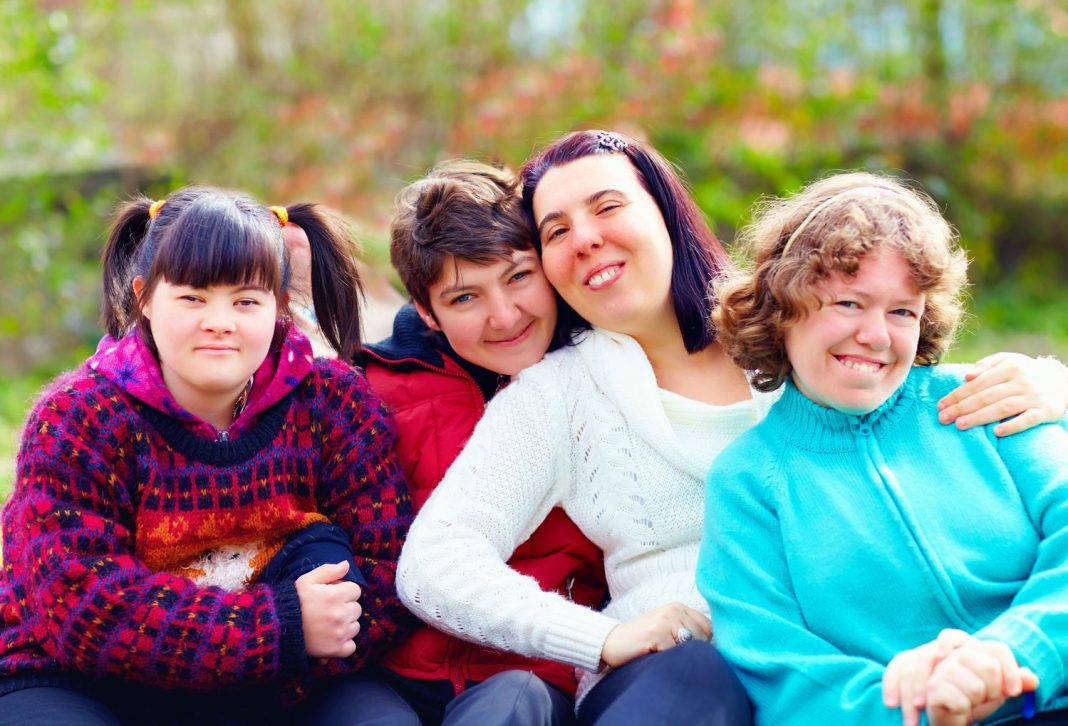Submitted by Homes First
Did you know that a lack of safe and affordable housing is the number one issue for adults with intellectual and developmental disabilities, according to Shawn Ullman, senior director for national initiatives at The Arc?
Have you ever wondered what happens when adults with developmental disabilities can’t live with their own family? Because of amazing partnerships with Homes First and several local service providers, adults with disabilities have more opportunities than ever to live in a safe and healthy home in their community.
Starting as early as 1995, Homes First was developing homes especially meant to serve low-income adults with intellectual and developmental disabilities in a way that not only provided them with a safe and healthy home they could afford, but also allowed their service providers to have a reliable and understanding property owner with whom to work.
Most low-income adults with developmental disabilities who are no longer living with family members have approximately $803 a month to cover all their basic needs, including housing. Can you imagine how that could possibly work? This means that most of them will reside in group homes with other people with disabilities or live independently with assistance from service providers who come to the residence for support and therapy. But there is a national shortage of care providers, and group homes often have long waiting lists or are not compatible with jobs and transportation.
The Homes First partnerships match people with disabilities and their caregivers with a three or four bedroom home that they can afford. Homes First takes care of the home and the caregiver takes care of the tenants. Three or four tenants who are matched by the caregiver share each home and they receive whatever level of services are required, which can range from overnight supervision to around-the-clock support.
This unique concept in housing is believed to have been started in the 1960s by the late Jean Vanier, whose roommates with intellectual disabilities had previously been living in institutions in France. Each of the 13 homes owned by Homes First to serve adults with developmental disabilities is closely modeled after the Vanier approach. This neighborhood-based approach to living can provide continuity and independence to younger and older adults to encourage a culture of inclusiveness, encouraging those who live in a Homes First home to be a part of their community rather than apart from it.
For more information on how you can support this important Homes First program through donations of real property or financial investments, please contact Shannon at development@homesfirst.org



















































